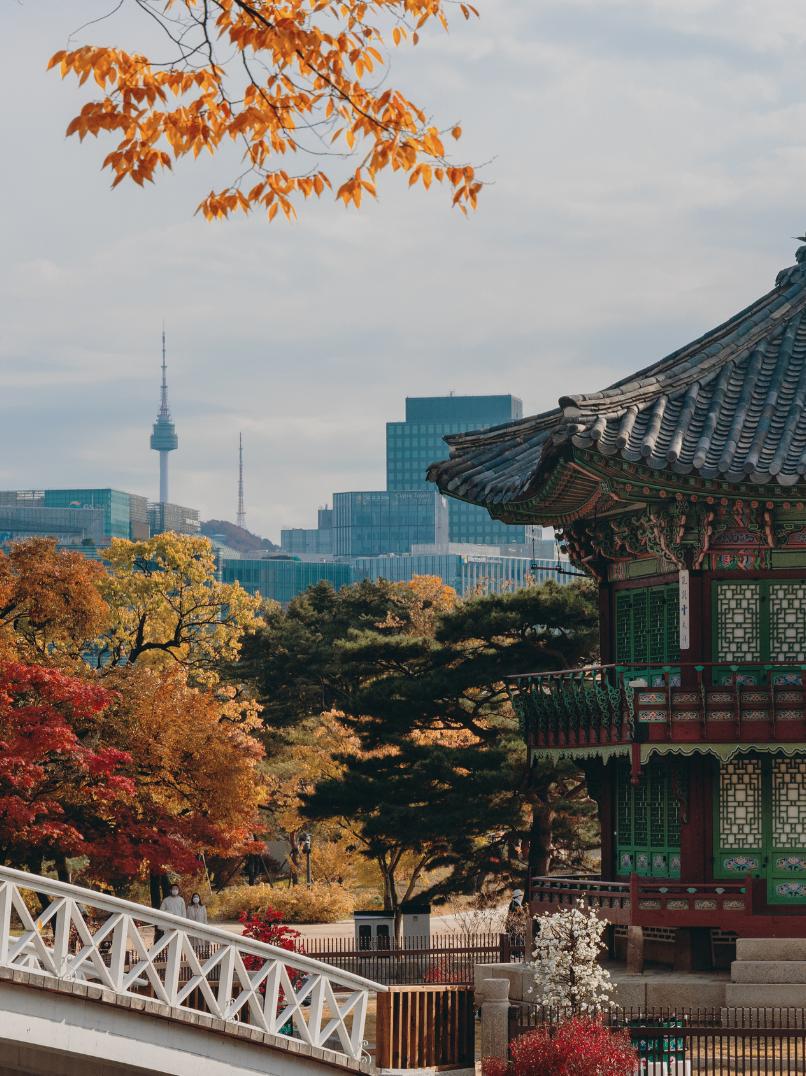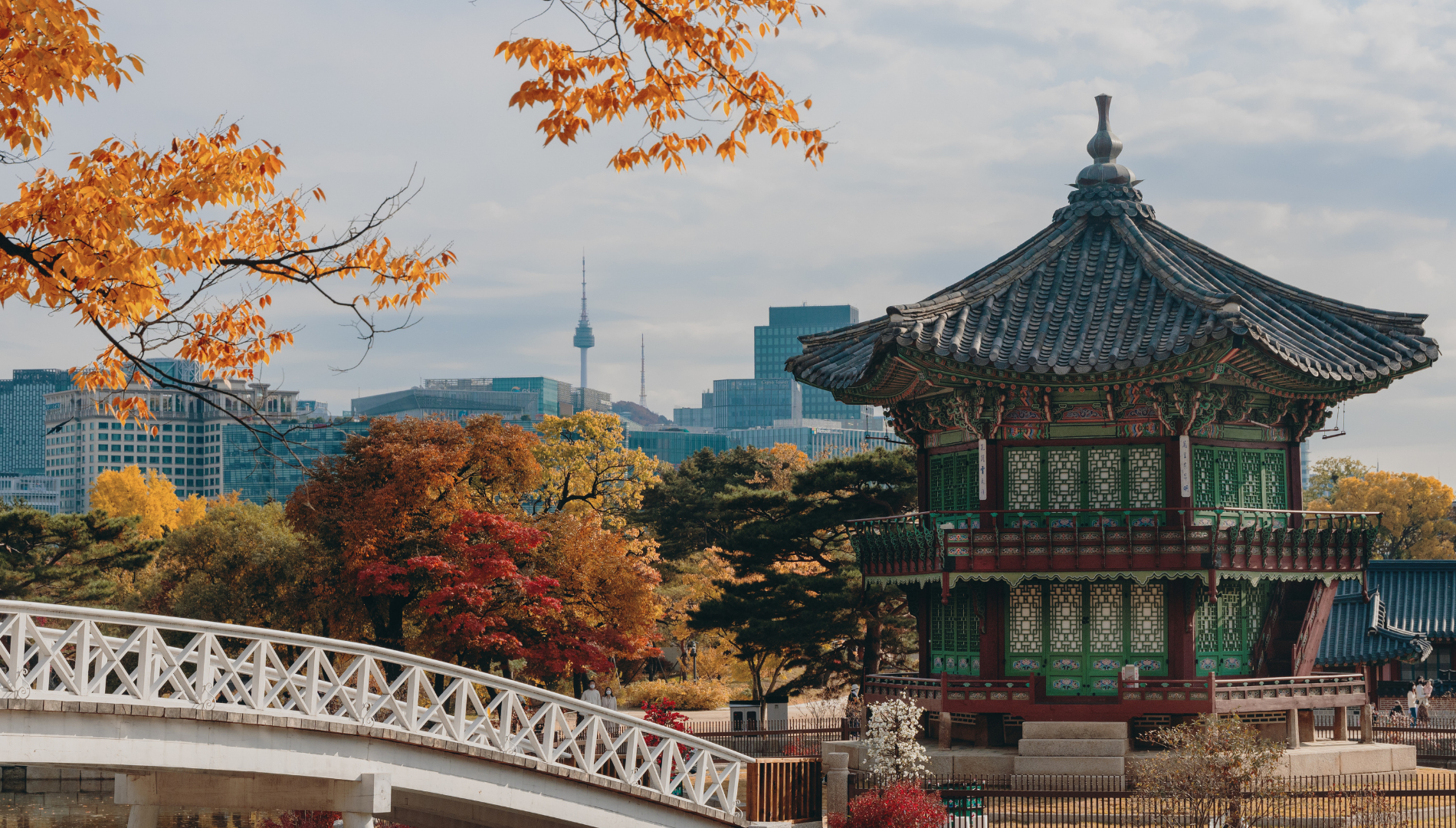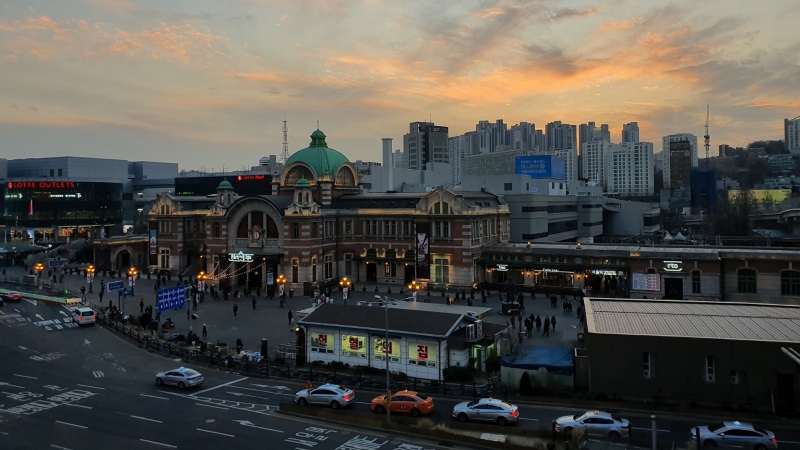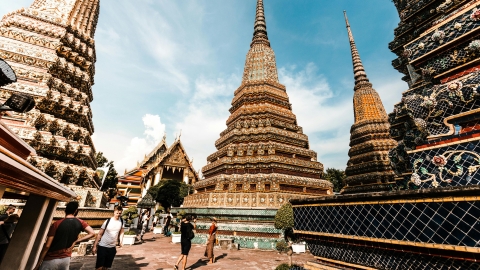Since the beginning of last year, South Korea has implemented several stricter entry procedures, including increased document checks, in-person interviews, and requests for more types of paperwork. These changes have caused considerable difficulties for tourists, especially those from Thailand. Even with electronic entry permits, many Thai tourists have been denied entry at border crossings, leaving them surprised and frustrated. This has seriously damaged South Korea's tourism image.
Nikkei Asia reported on August 11 that South Korea stated the tightening of entry regulations was aimed at combating the influx of illegal workers from Thailand into the country.
Specifically, 145,810 Thais were living in South Korea without visas or legal permits as of the end of May, according to the Korea Times. This figure represents approximately 35.1% of the total 415,230 illegal foreign residents, significantly higher than other countries, including Vietnam (79,366), China (64,151), the Philippines (13,740), Indonesia (12,172), and Cambodia (10,681).
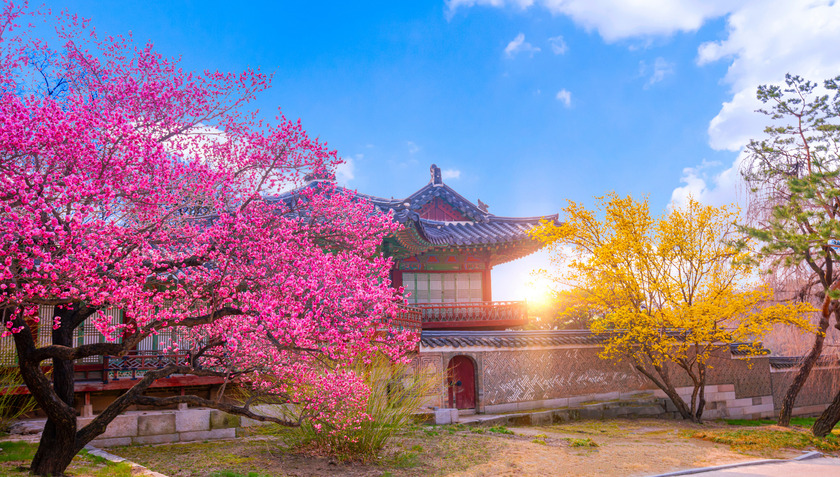
Since the beginning of last year, South Korea has implemented several measures to tighten its entry procedures.
This information comes amid concerns that the country's strict entry requirements, particularly the K-ETA (electronic travel permit) system, are the reason for a sharp decline in tourist numbers from Thailand to South Korea this year.
The regulations on entry into South Korea have caused dissatisfaction among Thai tourists, leading to a growing boycott. Therefore, the South Korean Ministry of Culture, Sports and Tourism has requested the Ministry of Justice to temporarily exempt Thailand from the K-ETA, at least until the end of 2024, as the country's tourism industry is redoubled its efforts to achieve its target of 20 million foreign visitors this year.
However, the Justice Department said a "cautious approach" is needed because such a policy change could lead to a significant increase in the number of undocumented foreigners in the country.
When issues and complaints about K-ETA emerged last November, the Ministry of Justice defended its inspection system, saying that about 78% of Thais staying in South Korea were doing so illegally and that it was their "legitimate duty" to reduce this number.
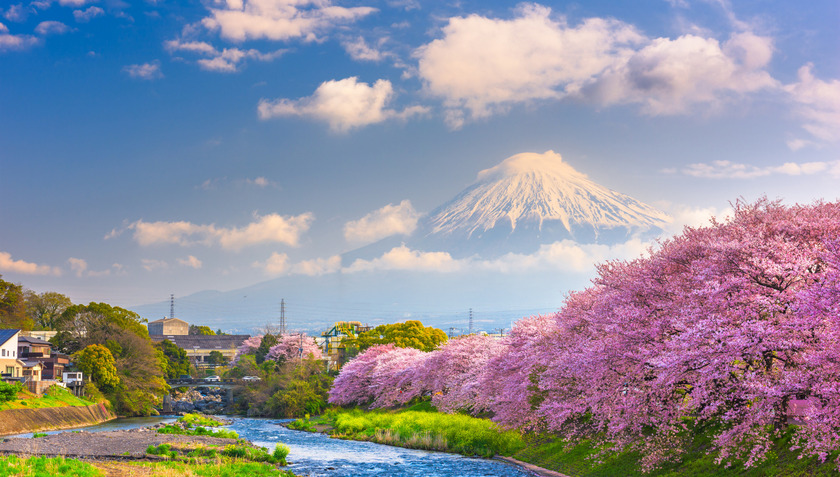
It is precisely because of South Korea's complicated procedures that Thai tourists are choosing to travel to Japan and China in a surge.
The trend of boycotting South Korean tourism among Thai netizens began spreading on social media platforms like X in the fourth quarter of 2023. According to estimates from the Korea Tourism Organization, the number of Thai people visiting South Korea in the first four months of 2024 decreased by 21% compared to the same period last year, falling to 119,000.
This figure seems relatively modest compared to the 572,000 Thai tourists who entered South Korea in 2019, before the COVID-19 pandemic broke out.
Prior to the COVID-19 pandemic, Thailand was one of the top sources of tourists, along with China, Japan, the United States, and Taiwan. Many fear that the number of Thai tourists will never recover to pre-pandemic levels, negatively impacting relations between the two countries.

 VI
VI EN
EN



